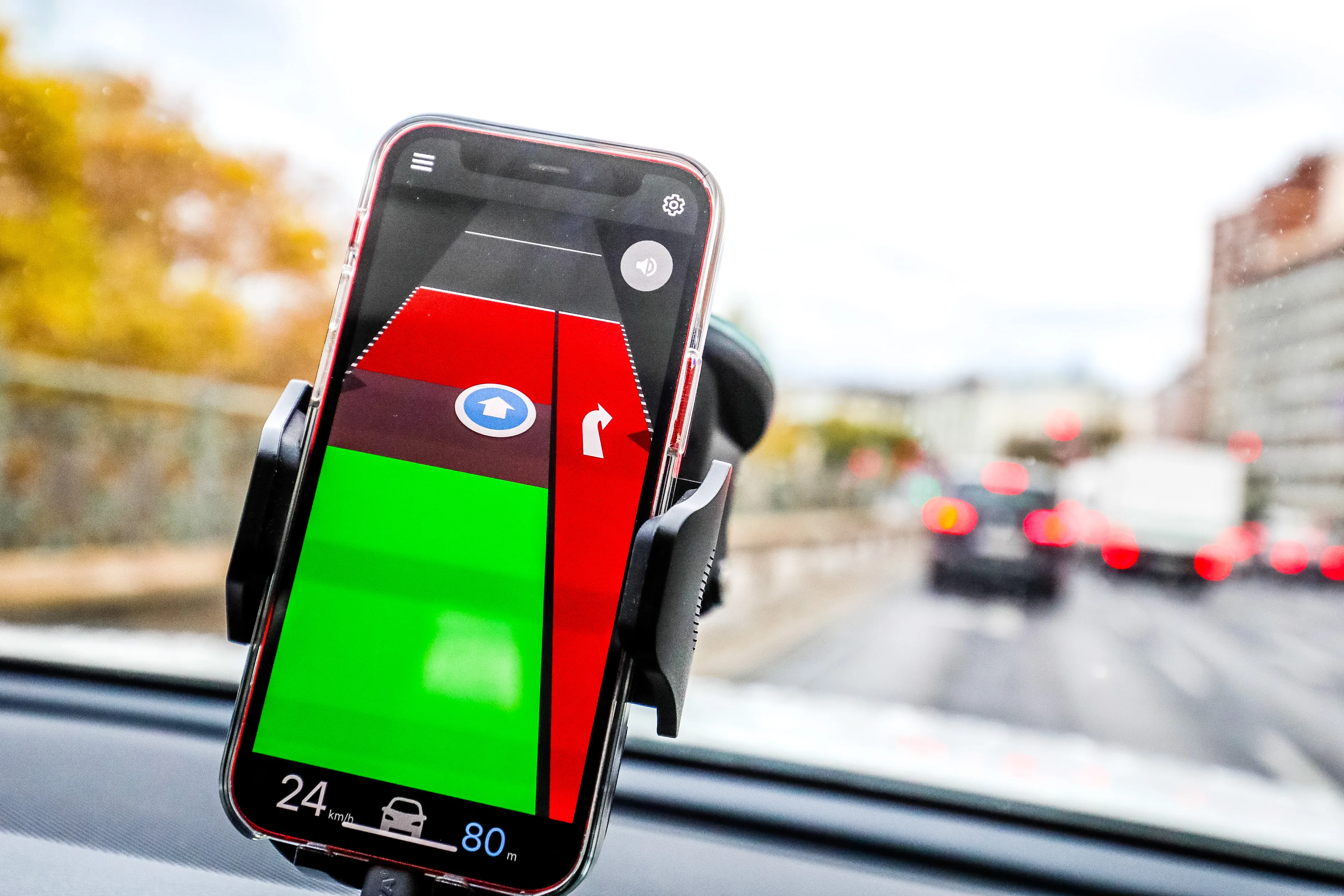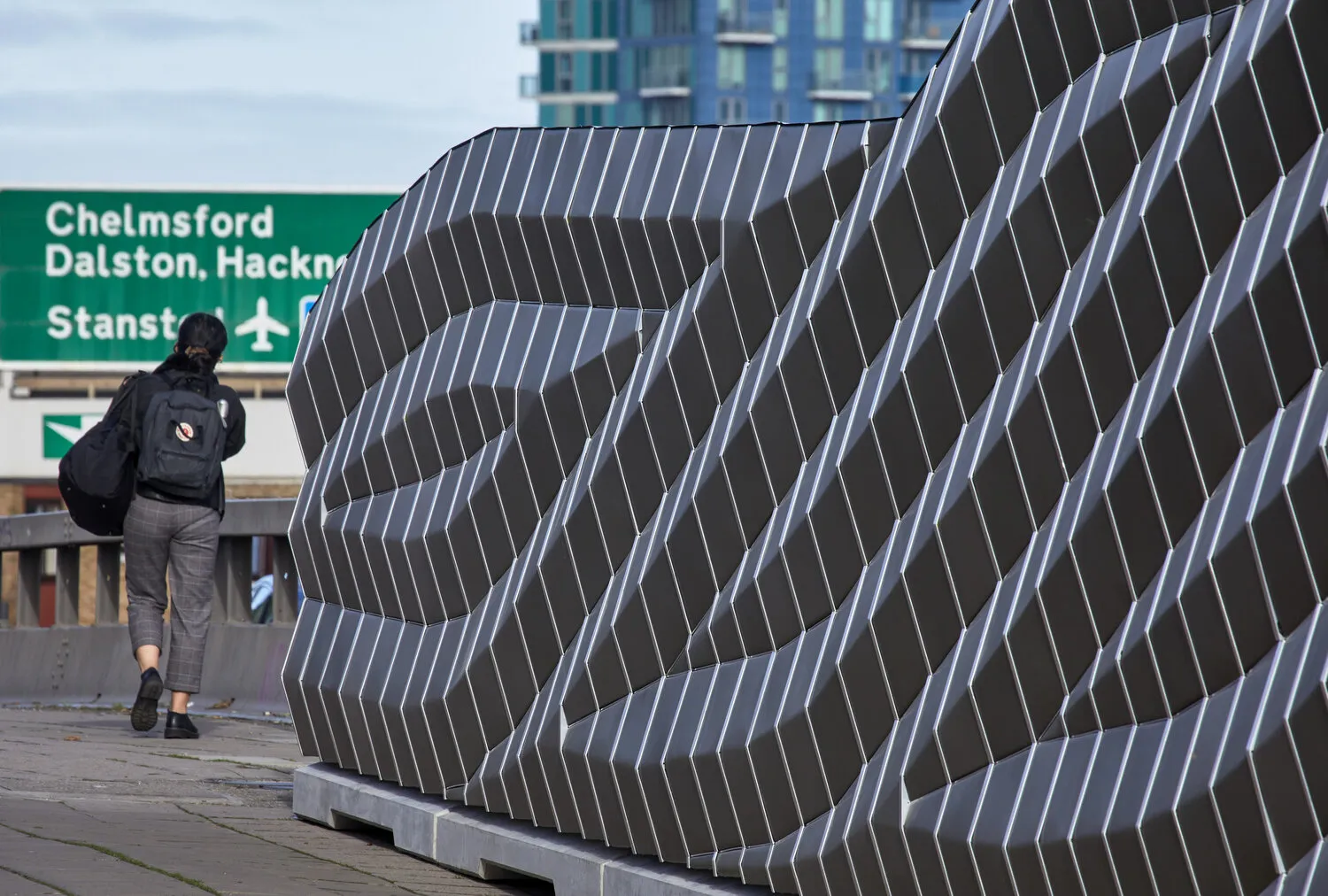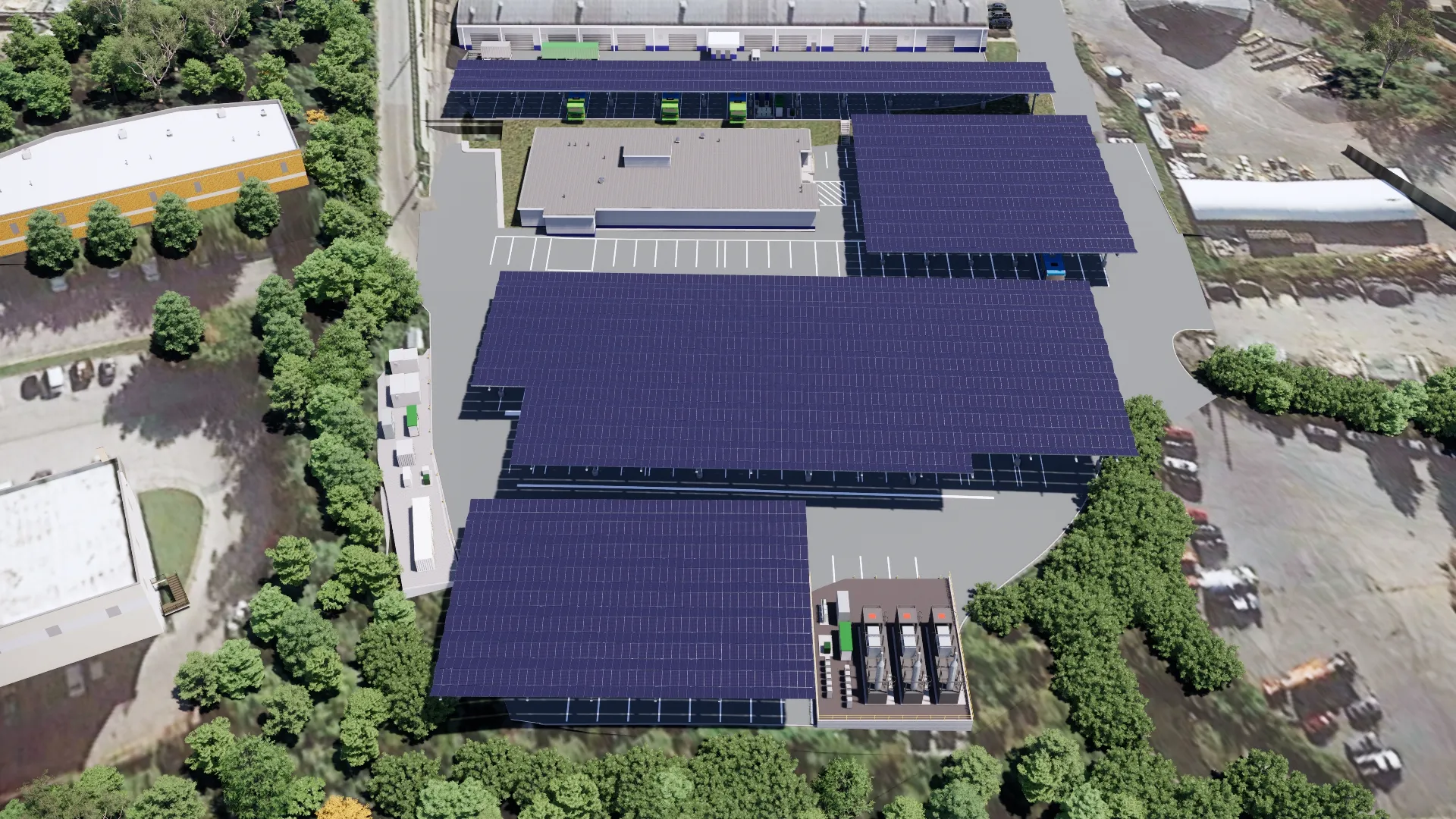
Kapsch TrafficCom is launching an app to help cyclists and drivers navigate through traffic in a more fuel-efficient way in the Austrian capital, Vienna.
Kapsch says the Grüne Welle Wien app either shows at which speed – within the permitted speed limit – the next traffic light can be reached at green or how many seconds it will still be on red.
If a traffic light is on red, the company explains that road users may coast and still be moving when the light turns green again, leading to fewer start-ups and a much better flow of traffic.
In the case of cars, this is expected to save up to 15% fuel and emissions.
Steve Parsons, sales director at Kapsch TrafficCom, says: “With Grüne Welle Wien, traffic signals in the city will communicate intelligently with road users. In order to avoid congestion, the next step will be to flexibly control the green phases at the traffic lights depending on the actual traffic volume. Stress and environmental pollution can thus be drastically reduced.”
The app is being rolled as the first step of Traffic Management 2.0, a set of measures that Kapsch and Vienna are implementing relating to transportation guidance. These include networked traffic lights that prevent congestion and switch to green for approaching streetcars and an intelligent navigation system that anticipates critical traffic situations in real-time.
Long term, Traffic Management 2.0 is expected to be available in vehicles so that Vienna can be prepared for autonomous vehicles.
"What sounds a bit like science fiction today could be quite commonplace in the foreseeable future when all of this is made possible by the networked and intelligent traffic systems that we are now bringing to live in Vienna,” Parsons adds.










